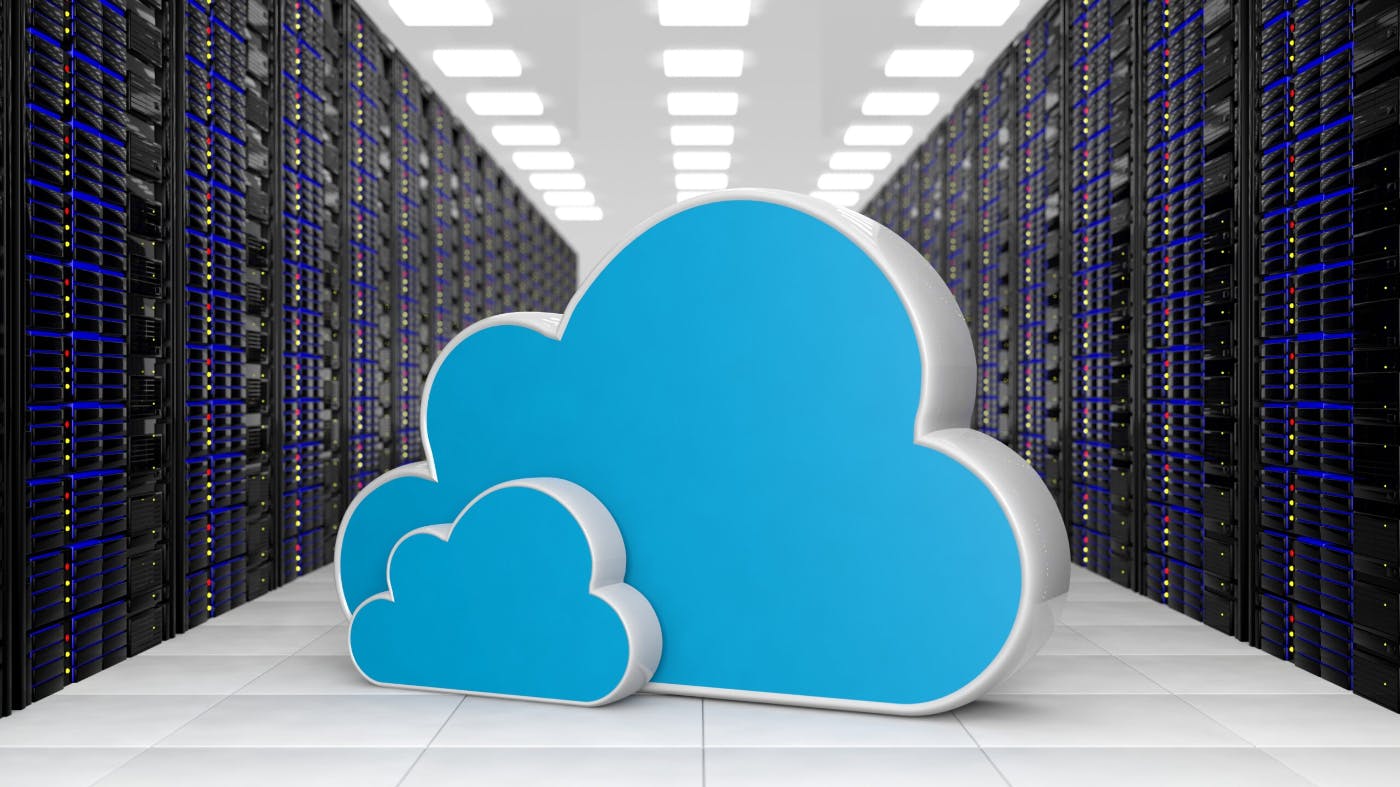306 reads
Cloud Puzzle: Decoding the Best Fit - Personalized, Public, or Hybrid?
by
February 15th, 2024
Audio Presented by

Developer and coder, who loves to write about ethical code and how to optimize it for search.
Story's Credibility

About Author
Developer and coder, who loves to write about ethical code and how to optimize it for search.
